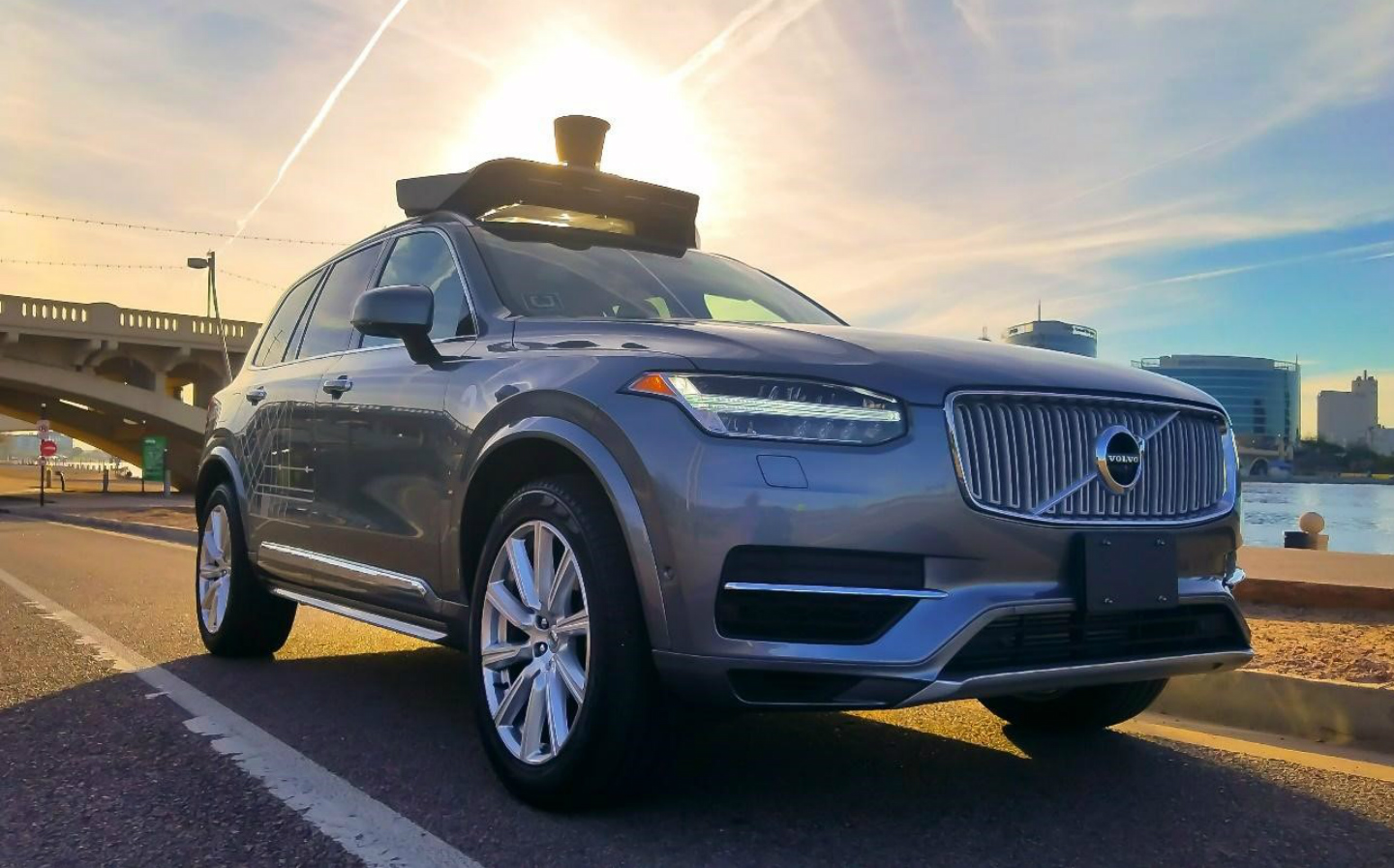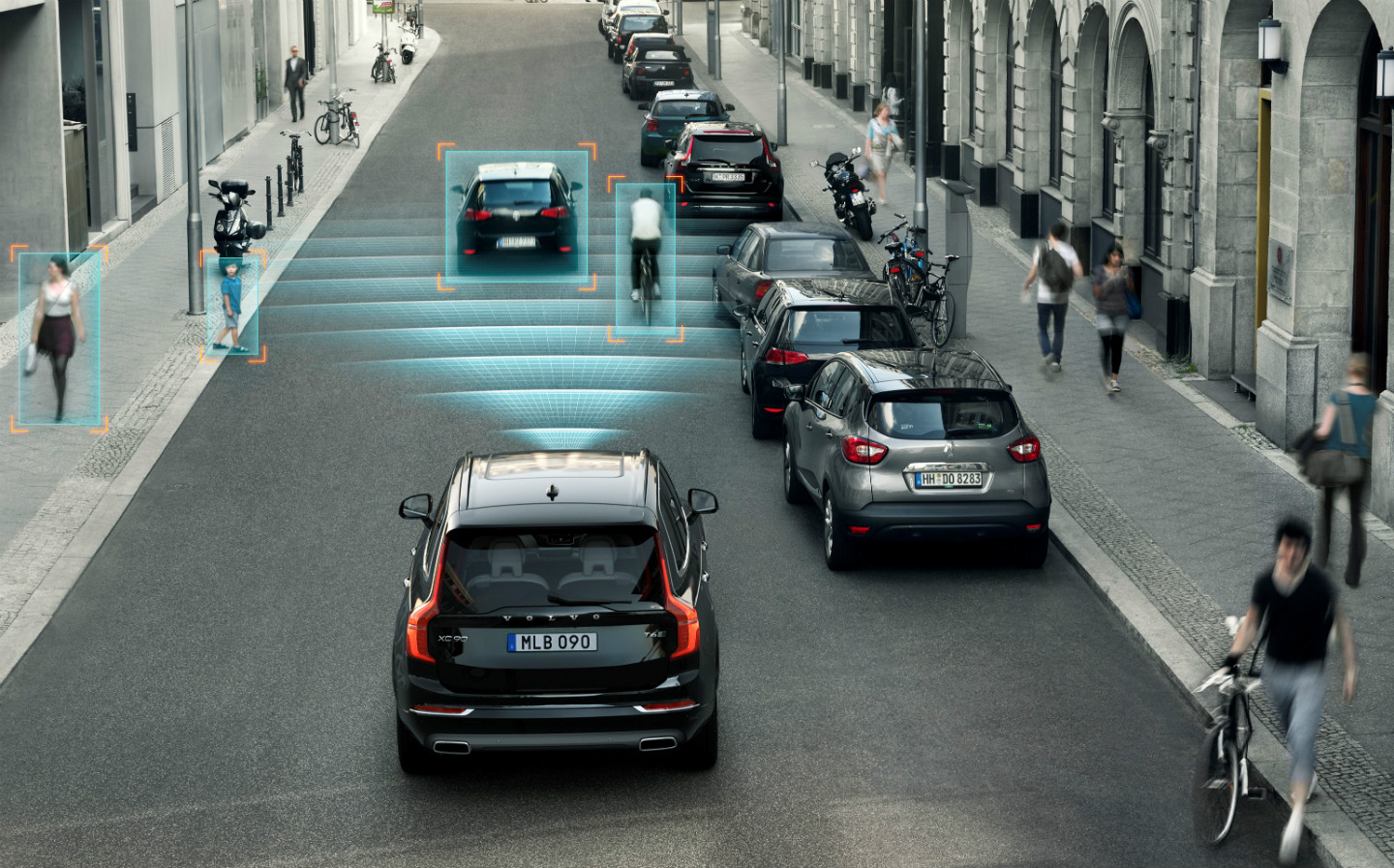Car makers told to fit cyclist detection systems to save lives
Nissan Leaf is first car with bike detection to be tested to Euro NCAP's new standard
CHANGES ARE being made to the way new cars are assessed for safety, to encourage the widespread fitment of bicycle detection systems and help cut the number of cyclists killed or seriously injured on Britain’s roads.
Euro NCAP, which tests cars for the level of protection they offer in the event of a crash and assesses electronic driver aids, is to introduce new standards that will mean only cars with bicycle detection and avoidance technology will achieve the best safety ratings.
It hopes the move will encourage more car makers to make the equipment available, either as an option or standard, across their model ranges.
Browse NEW or USED cars for sale
Cars are already tested for features such as auto emergency braking systems (AEB) which can spot pedestrians or other vehicles in the road ahead and take evasive action, slamming on the brakes and, on the latest models, even helping steer out of harm’s way.
And as long ago as 2015, the like of Ford was fitting cars with forward-facing cameras that gave a 180 degree view of the road ahead, helping drivers see more clearly at a T-junction or even see around corners, and it had adaptive headlights that could shift the spread of light to highlight a cyclist in the road.
The first car to be tested under the new Euro NCAP standards is the Nissan Leaf. The electric vehicle was awarded the maximum five star rating.
However, recent events have shed light on the effectiveness of such systems. Elaine Herzberg was pushing a bicycle laden with shopping bags across a six-lane freeway in Arizona when she was struck, fatally, by an autonomous Volvo travelling at 38mph. The Uber vehicle was laden with costly sensors and systems that are designed to detect cyclists and pedestrians, like Herzberg.

Figures show 102 cyclists were killed in 2016, a 2% rise over the previous year. A further 3,397 cyclists were seriously injured, which was up by 5%.
Bike sensors are seen as particularly important for electric cars because these vehicles will be almost silent, making it difficult for cyclists to hear them coming.
Edmund King, president of the AA, told The Times: “Drivers should always be responsible and alert for cyclists but technology can add extra protection.”
Roger Geffen of Cycling UK said: “While this could ultimately lead to safer cars, there is an initial risk of people becoming less attentive while driving, as they rely upon their vehicles to do the thinking for them.”
Only a few manufacturers, including Volvo and Subaru, fit AEB systems that can detect cyclists at present.





